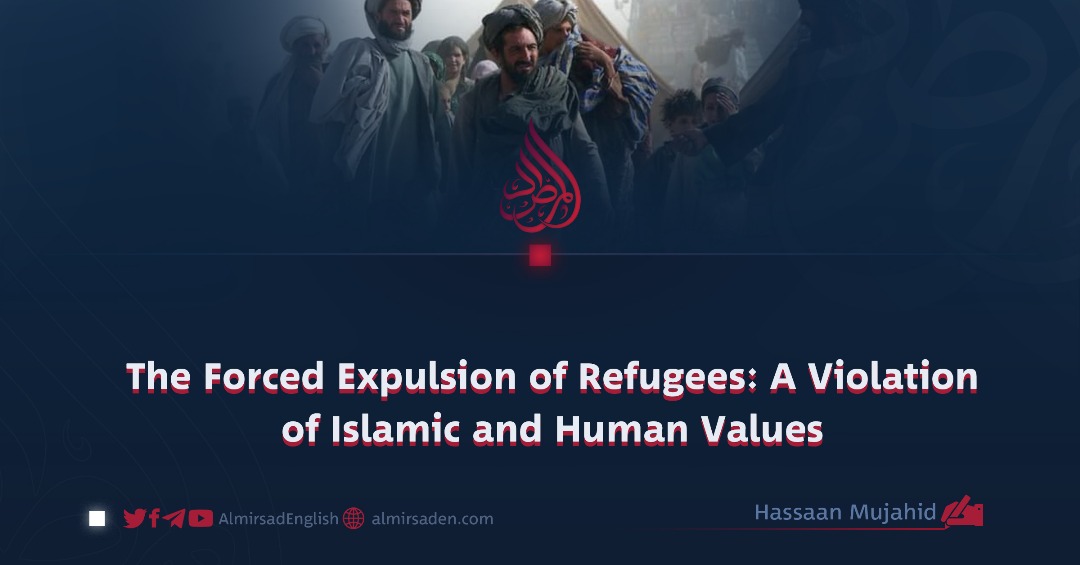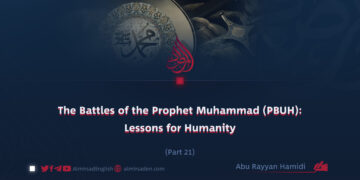By Hassaan Mujahid
The Noble Qur’an and the annals of history record numerous instances of migration undertaken by believers and prophets. When the pagans of Makkah began persecuting the early Muslims, the Messenger of Allah (PBUH) commanded them to migrate to Abyssinia, where a Christian king received them with generosity and honor.
Likewise, the Messenger of Allah (PBUH) and his companions migrated to protect themselves from the persecution of their enemies. The Prophet Abraham (peace be upon him) was likewise driven from his homeland, and Moses (peace be upon him) sought refuge in Midian after enduring mistreatment from the Egyptians.
The Qur’an urges believers to respect the rights and covenants of migrants and asylum seekers. It offers clear guidance on their fair treatment and commands the faithful to extend protection to those who flee from oppression. When individuals leave their homes in search of safety from tyranny and hardship, Islam acknowledges their dignity and their rights. In the land of migration, they are entitled to preserve their faith, protect their lives and property, and live with honor. They may pursue their livelihood, engage in commerce, and seek education, yet they must never be forced, against their will, to return to danger or deprivation.
Refugees, in turn, are encouraged to live with kindness, integrity, and gratitude among their hosts, avoiding harm and contributing positively to society. The Afghan people, guided by the bonds of Islamic brotherhood, have long embodied this noble character, never bringing harm to others. When Muslims migrate from one region to another due to persecution by disbelievers, they often develop a deep affection for their new land, so deep that returning to their former home becomes a painful challenge.
The Messenger of Allah (PBUH) himself migrated from his birthplace, Makkah, to Madinah. After the conquest of Makkah, he was able to return to his native city, yet he chose to remain in Madinah, where he lived until his final moments and was buried.
When foreign aggressors launched an unlawful invasion of oppressed Afghanistan, countless Afghans were forced into dire circumstances and compelled to seek refuge in the neighboring Muslim country of Pakistan. They arrived there with hope and trust in their fellow Muslims, intending to rebuild their lives and spend their remaining years in safety and dignity.
During their years in Pakistan, Afghan refugees made immense contributions. They revitalized neglected areas, built homes and towns, revived trade, and turned barren lands into thriving communities. Yet when Pakistan achieved a measure of stability and self-sufficiency, it began, for its own interests, a campaign of forced expulsions marked by cruelty and injustice. Refugees saw their properties confiscated and were denied even the chance to take their modest savings or possessions with them.
Such acts stand in stark contradiction to the principles of Islam. They violate not only divine commandments but also the shared moral conscience of humanity.

















































